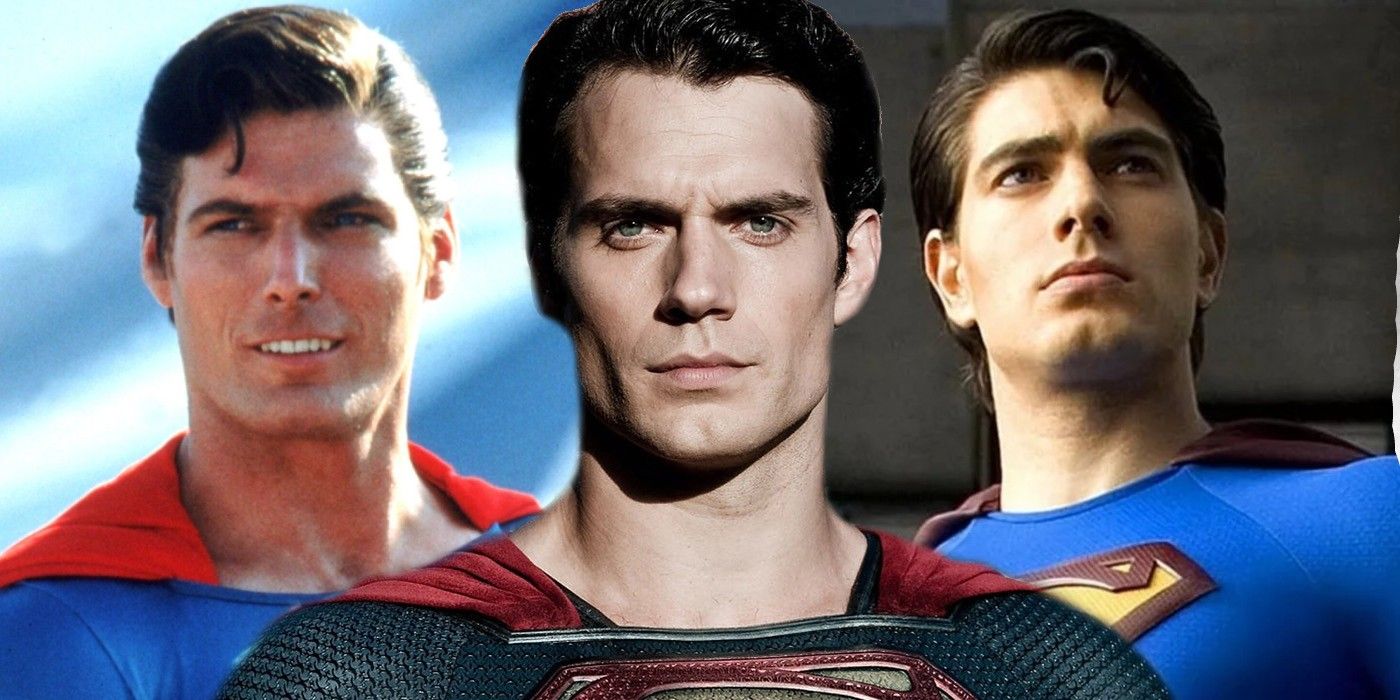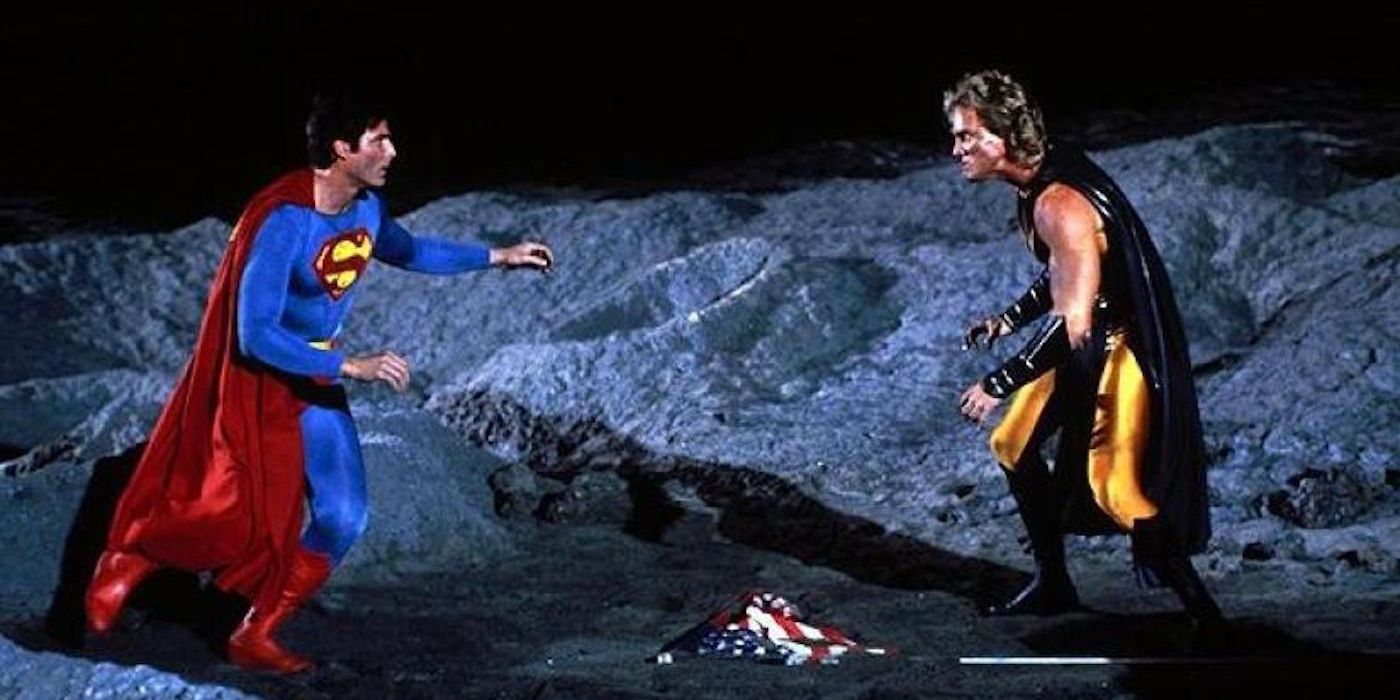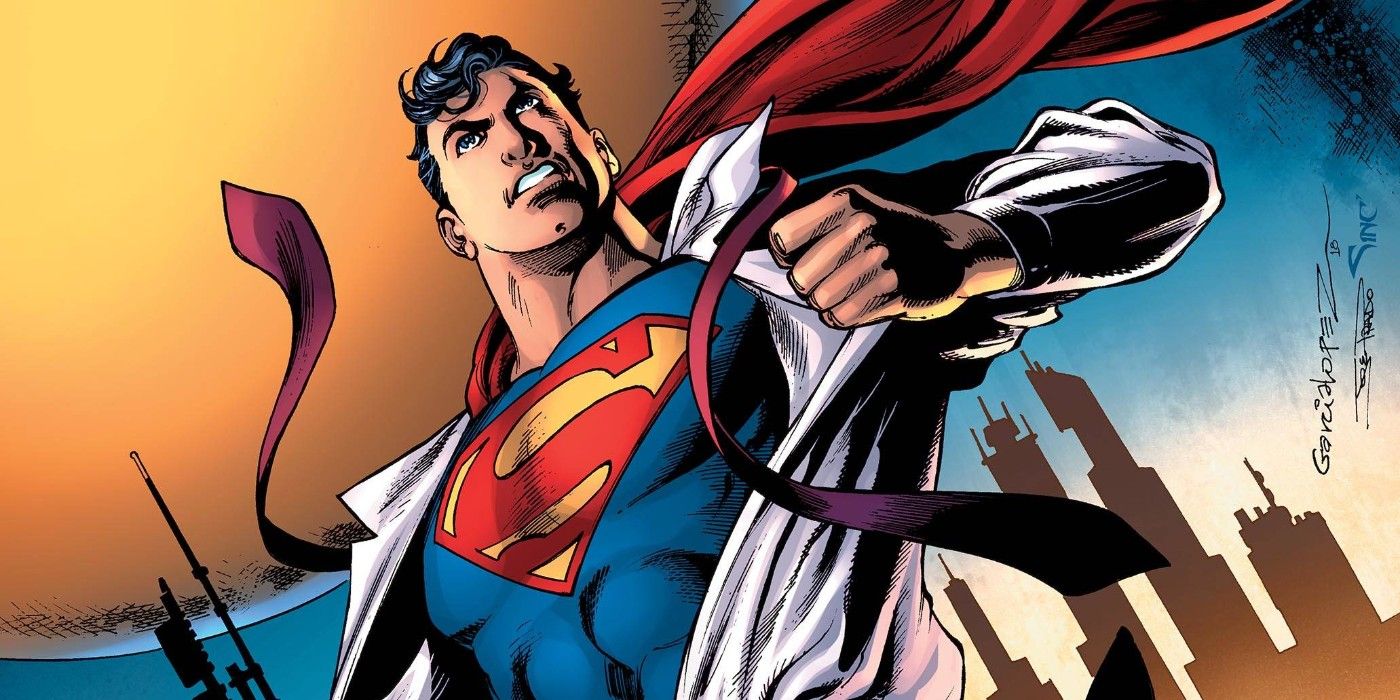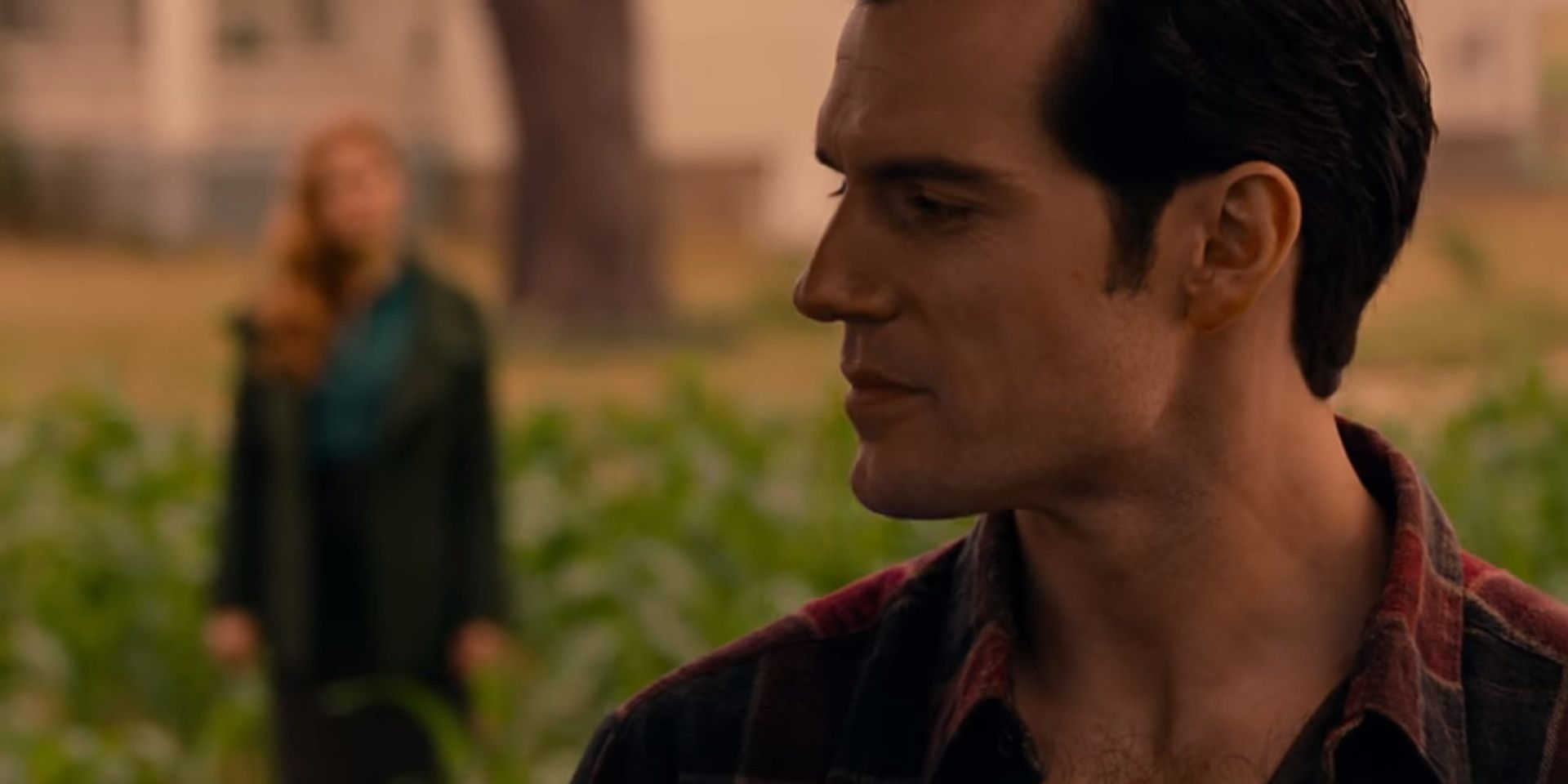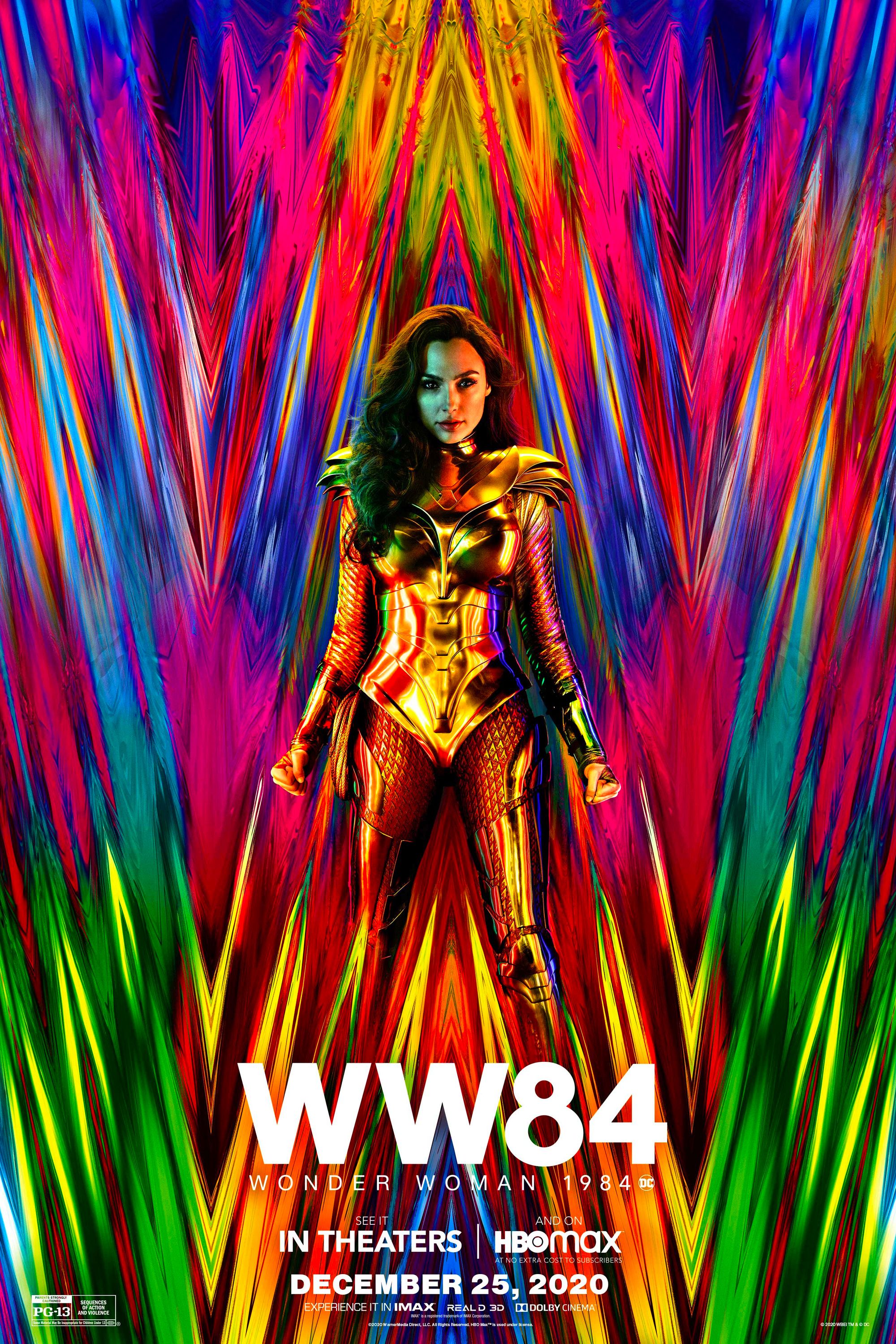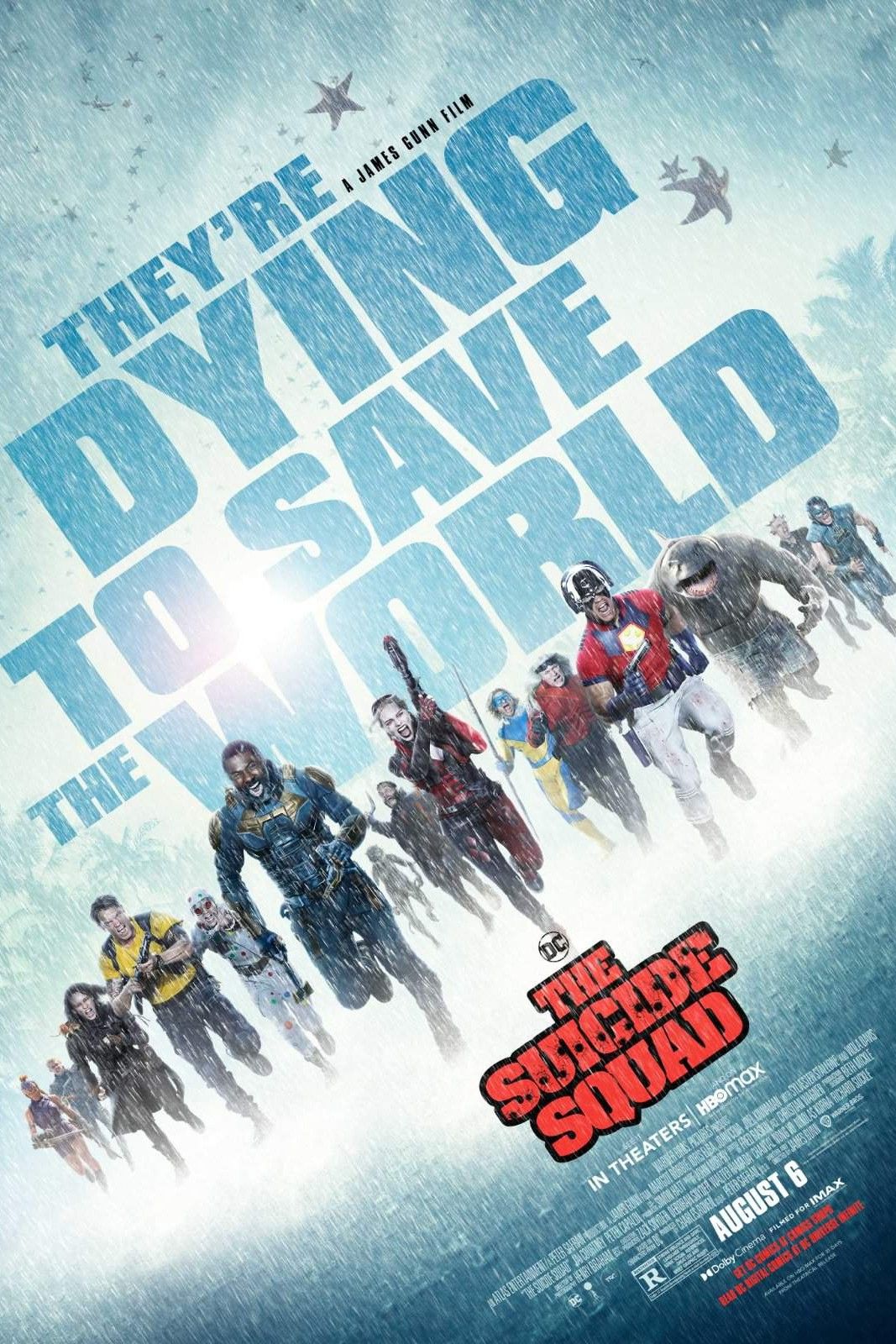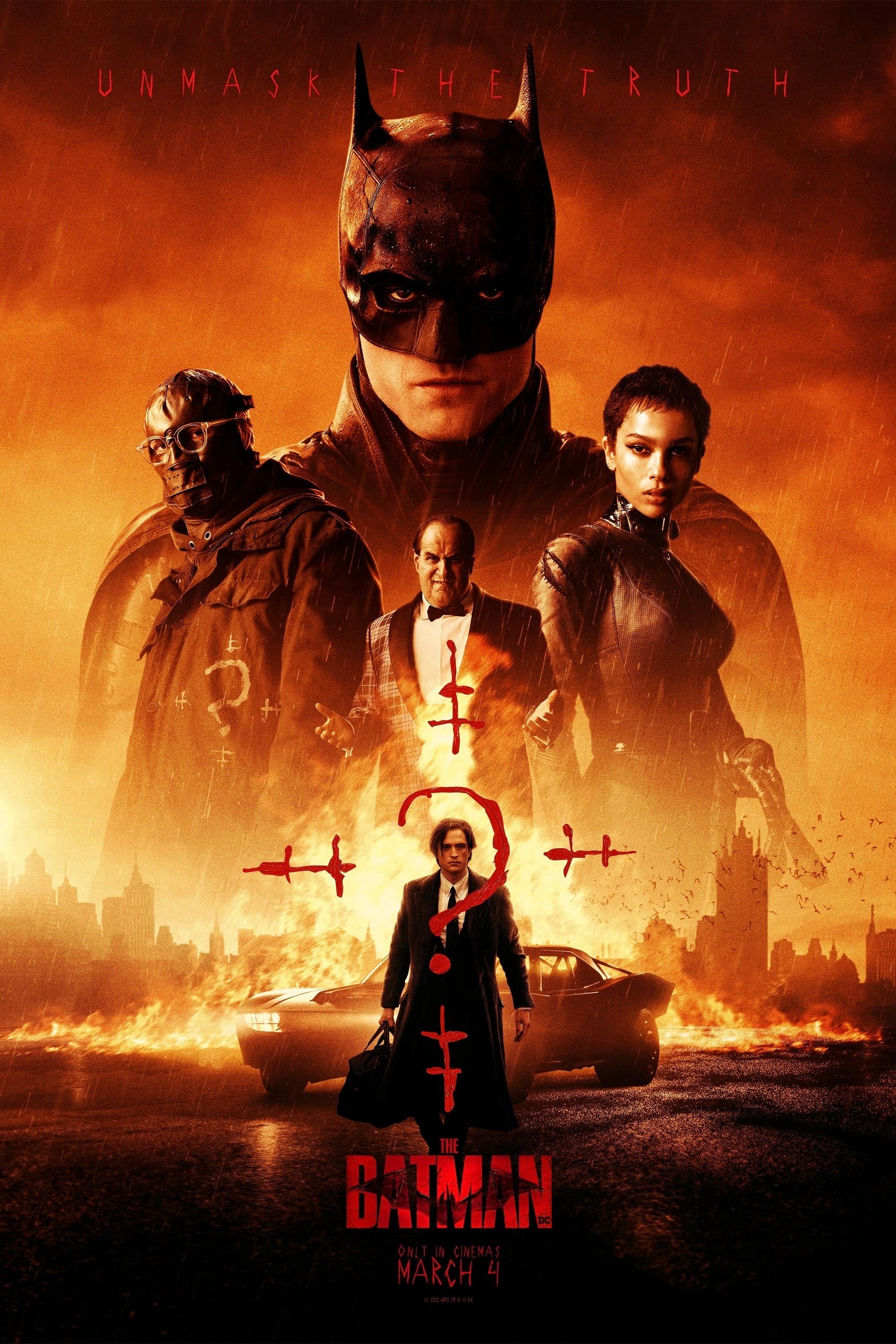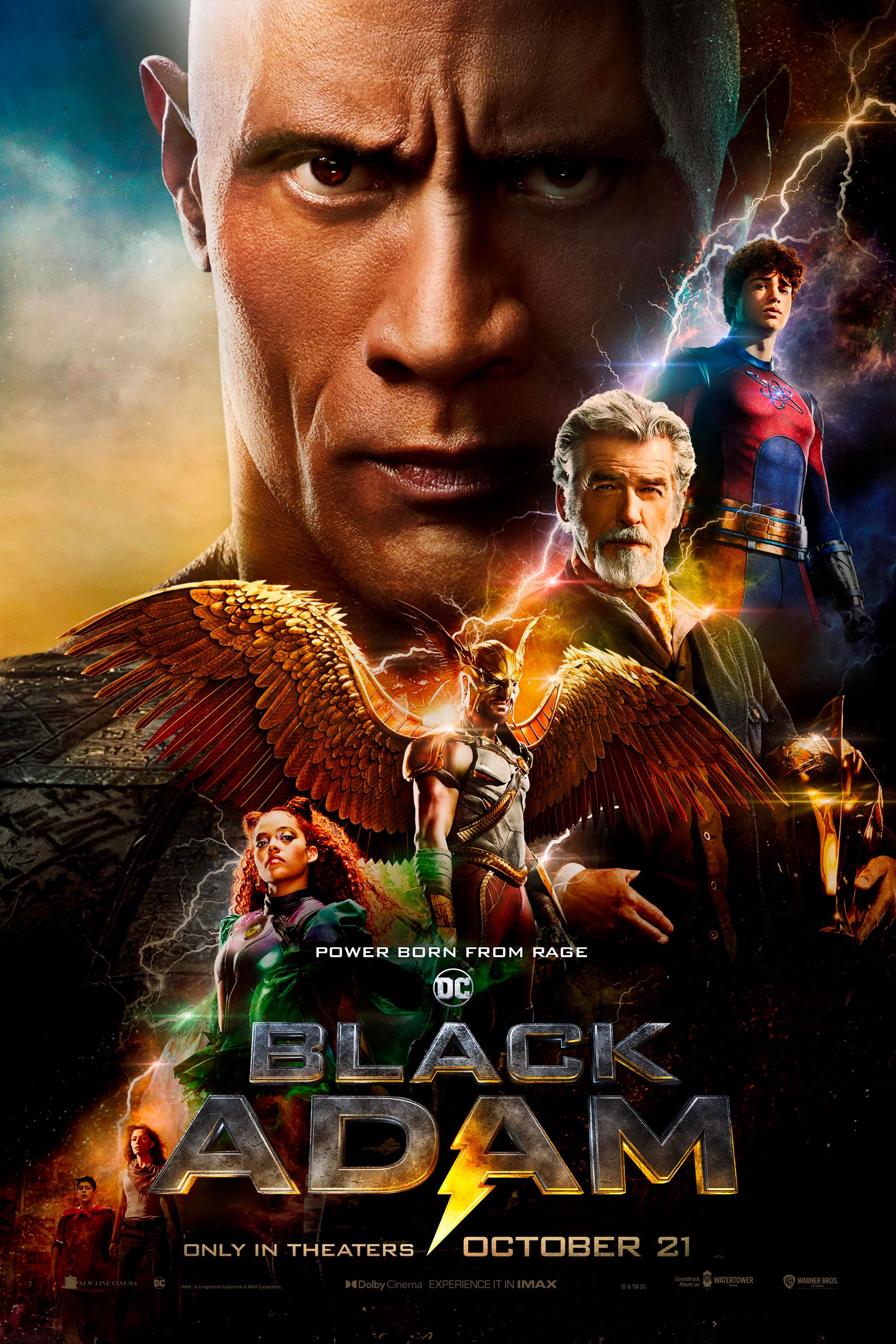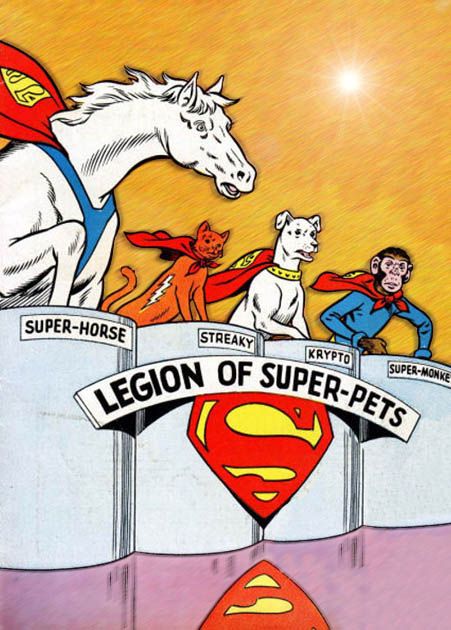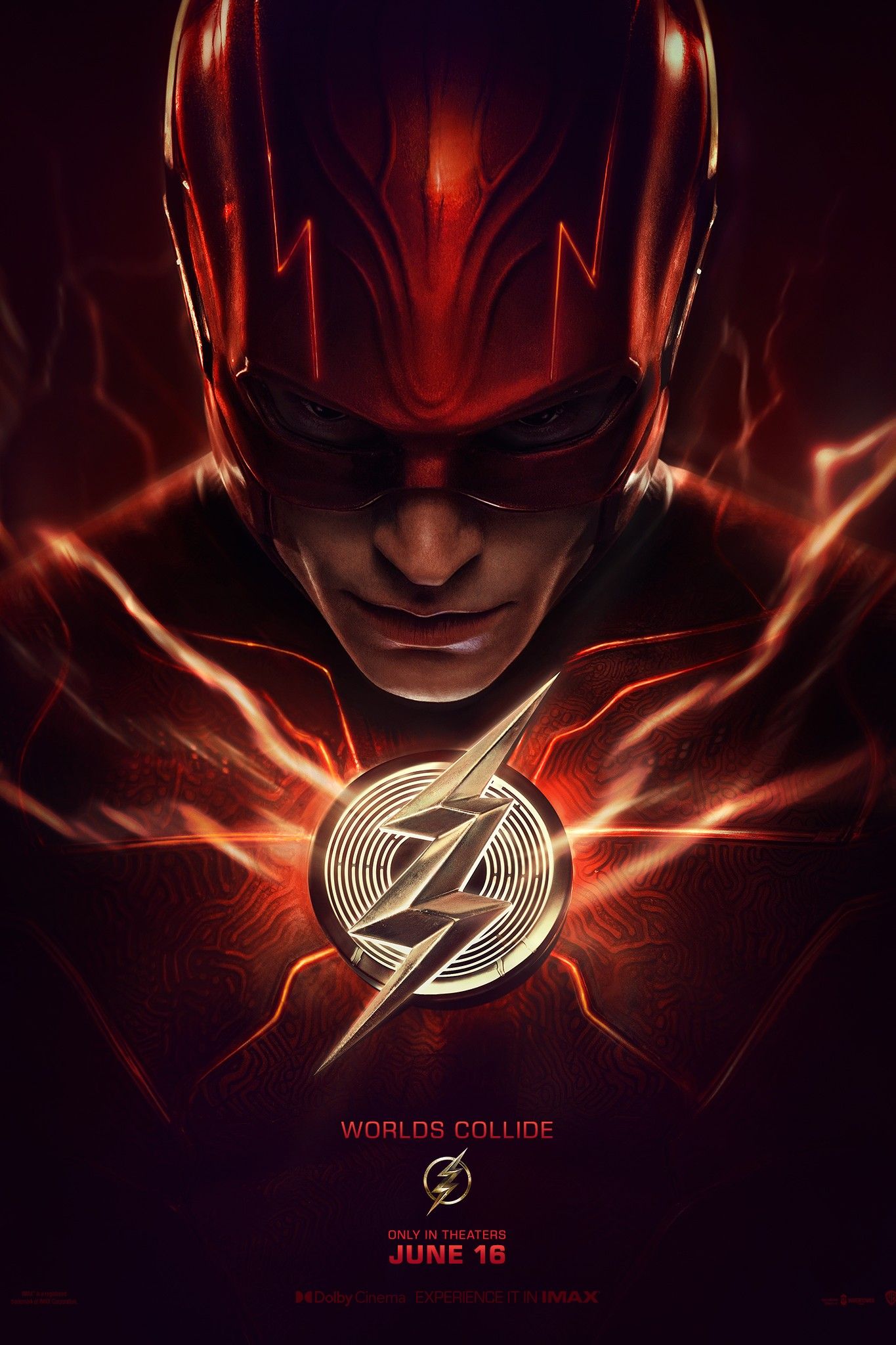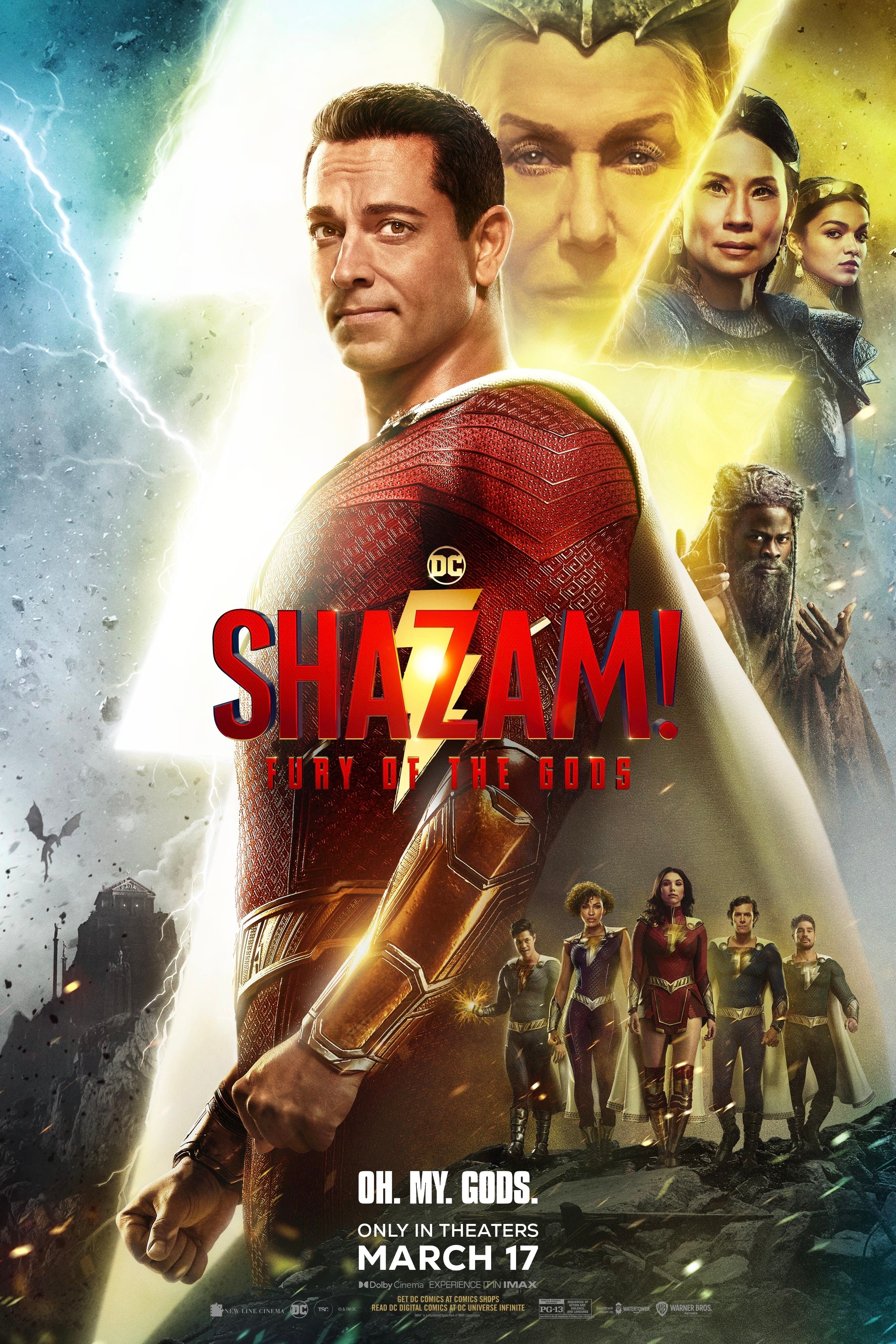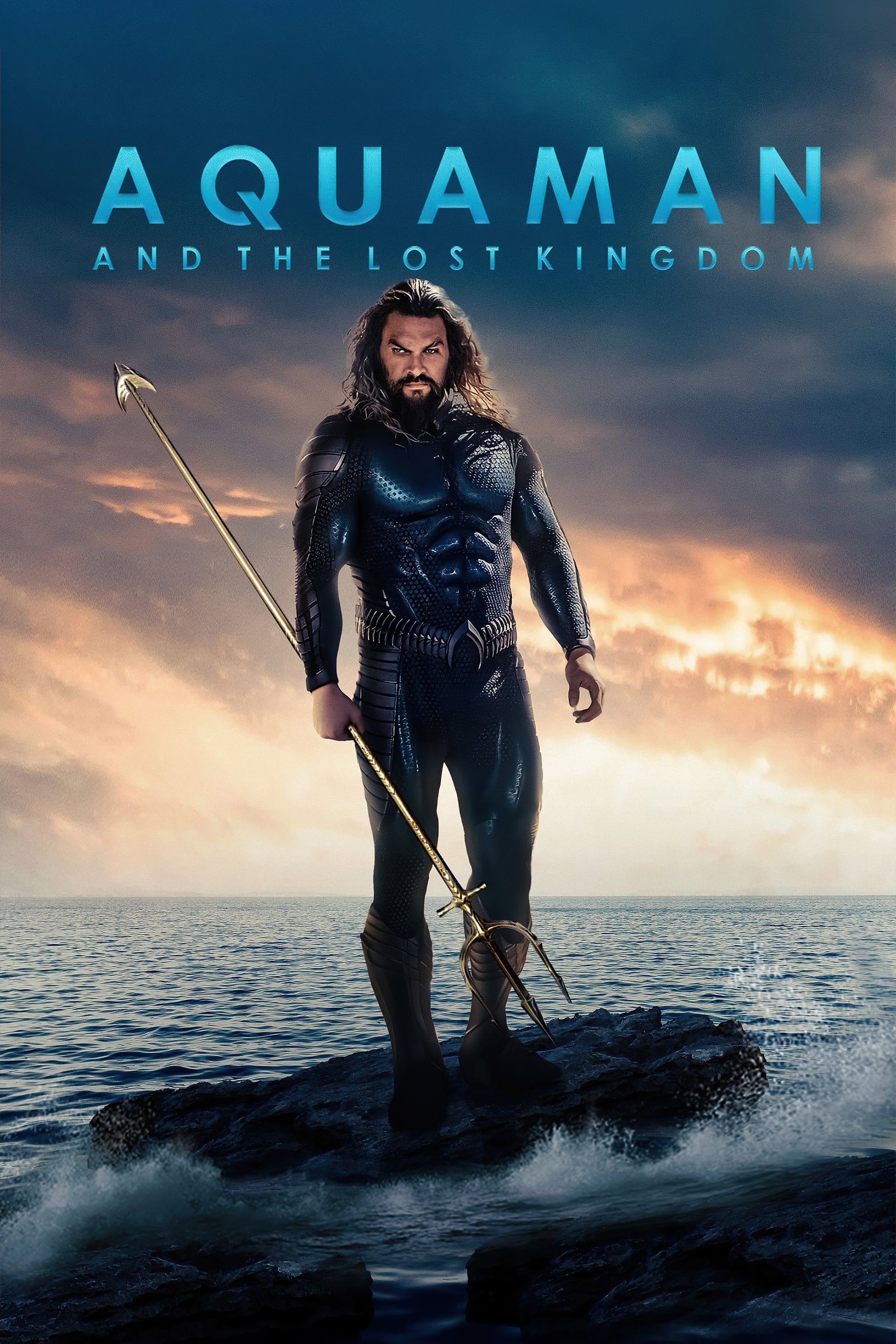Superman has lit up the silver screen for decades, but there's an inherent difficulty when it comes to sequels. It's no exaggeration to say that Superman is one of the most recognizable characters in the recorded history of fiction. Virtually anyone from any corner of the globe would recognize a picture of the Big Blue Boy Scout, who rose to prominence as the forefather of the comic industry's golden age in the 1930s. After becoming an icon of his era, Superman took to the screen in black and white, crossing over into other forms of media and dominating wherever those famous red boots landed.
But it wasn't until Christopher Reeve donned the famous "S" in 1978 that a modern, blockbuster, live-action incarnation of Superman was born. Given the full Hollywood treatment, Superman's popularity soared even higher, and Reeve has been succeeded by the likes of Brandon Routh and Henry Cavill, bringing different flavors of Superman to movie theater and solidifying the DC hero as a mainstay of cinema, as well as comic books. From casting to release, Superman movies command feverish mainstream attention, and while some generations have enjoyed more acclaim than others, Superman as a brand hasn't dropped a shred of popularity.
This is even more remarkable considering how sequels have never been Superman's forte. Clark Kent has enjoyed decades of fascinating stories when it comes to the original DC comics, but his live-action outings have struggled to maintain the same longevity in each era. Sequels are tricky beasts at the best of times, but Superman's poor track record can perhaps be traced back to two defining traits: Superman's overwhelming power, and the fact that Clark Kent is often more interesting than his alter ego.
Superman's Poor Track Record With Sequels
Contrary to everything outlined above, Superman sequels actually enjoyed a remarkably strong start. Following the widespread success of 1978's Superman and the universal outpouring of love for Christopher Reeve, Superman II followed in 1980 and compounded the glory of its predecessor, storming the box office and courting the adulation of critics. Between this lauded duo of films, two Superman stories were told - an origin tale in which Lex Luthor plays a relatively minor role, and a battle between Kryptonians when General Zod invades Earth. Both angles thrilled fans, but the formula started to sour with 1983's Superman III. More comedic than its predecessors, the threequel was essentially a vehicle for Richard Pryor and featured Superman battling an "evil" version of himself. Superman III skated by on Christopher Reeve's charm alone, but not even he could save Superman IV: The Quest For Peace, which was rightly savaged and ended the franchise.
Superman returned with Superman Returns in 2006, starring Brandon Routh in the title role. Falling somewhere between a sequel and a remake, the modern reinvention certainly had merit (Routh is an underrated Clark Kent), but met with a lukewarm critical and commercial reception and plans for further adventures were scrapped. A shocking number of Superman sequels were planned during the interim, including Superman V and Tim Burton's Superman Lives, but all were dropped for one reason or another, and the next man to pull on those famous tights on the big screen would be Henry Cavill in Zack Snyder's Man of Steel.
Released in 2013, Man of Steel had its detractors but generally hit the mark, and Henry Cavill was roundly hailed in the lead role. Interestingly, Man of Steel covered the same material as Superman I & II, mixing an origin story with the invasion of Zod and his cronies. Despite Cavill's popularity, however, a Man of Steel 2 has not been forthcoming. The DCEU's Superman would return in Batman V Superman, and Justice League, the first of which he shared top-billing in a highly divisive offering, and the latter he spent half of the film in a coffin, before fans hit social media to demand a different cut.
Why Superman Sequel Stories Are Limited In Film
Each of those failures can be attributes to unique factors. The Christopher Reeve Superman films changed their tone, the DCEU was beset by behind the scenes issues, etc. However, there are also universal hurdles to overcome when it comes to Superman sequels, the most obvious being Superman's overwhelming power. Undoubtedly one of the strongest superheroes in existence, Superman has it all - raw muscle, The Flash's speed, flight, laser eyes. The Kryptonian is the pinnacle of the superhero, and would overwhelm the vast majority of his colleagues in a fight. It's not without good reason that curious fans ponder who would win in a fight between Goku and Superman, not Goku and Green Arrow.
Unfortunately, overpowered characters are not very cooperative in storytelling terms. Between his origin and battling fellow Kryptonians, Superman doesn't boast the same narrative scope as weaker heroes. Even the most sophisticated superhero movie usually boils down to 2 hours of hero vs. villain, but when Superman can span the globe in seconds, beat anyone in a fight and hear danger from miles away, squeezing interesting sequels out of Clark Kent can be a challenge. If the essence of a superhero movie is "how will the hero beat the baddie?" then Superman possesses a range methods, all of which are well-documented. Superman comes with Kryptonite as a built-in weakness to make him less invulnerable, but there's only so many times the green stuff can be rolled out as a plot device.
Superman has met his match in DC comics before, most notably with Doomsday and Lex Luthor. However, these characters come with their own problems. Could a soulless lump like Doomsday sustain an entire movie? And can a live-action Lex Luthor become a sufficient threat when Clark always has the upper hand physically? No generation of Superman movies has yet cracked the answer. For comparison, Batman has a host of villains who can test his prowess - Bane matches his strength, Riddler his intellect, Joker his dedication. Wonder Woman faces a whole pantheon of gods to battle against. Hollywood hasn't yet figured out how to afford Superman that same long term replay value, staying fresh over the course of multiple movies. After "film one" turns Clark into the ultimate hero, the only way is down.
Clark Kent Is The More Interesting Character In The Long-Term
Superman might've struggled in his cinematic sequels, but the character has enjoyed a long and storied comic book career filled with classic tales. What have DC done differently, and why aren't Hollywood following suit? Essentially, DC understands the importance of Clark Kent, who is just as interesting than Superman, if not more so. Sure, Superman can beat up 99% of villains without breaking a sweat, but can Clark navigate the trials and tribulations of everyday life while balancing his superhero duties? This question has helped sustain Supes in DC comic canon for almost a century. Although it's no comfort to DC on the big screen, it's telling that Superman has enjoyed a more sustained stint in TV shows like Smallville, which leaned more heavily towards Clark Kent than Kal-El.
Some of Superman's most revered comic book stories actually put more focus on Clark than Superman. Clark's marriage to Lois Lane, their starting a family, finding his biological father, revealing his true identity to the world. These stories center not upon which bad guy is going to get beaten up by Superman next, but instead dive into the conflicting duality of the Clark Kent and Kal-El personas. And, of course, this makes Superman's actual beatdowns all the more climactic, particularly the Death of Superman arc. Superman comics also make use of a wider array of characters compared to the movies. Aside from Lois, the likes of Jimmy Olsen, Supergirl, Superboy, and various others have given rise to a bona fide Super-family. Not only does this ease the narrative pressure from Clark's shoulders, but also offers more interpersonal relationships to explore.
DC comics have successfully turned a near-invincible hero into a compelling character in the long-term, but why can't Hollywood adaptations do the same? This is likely down to the expectations that come with any Superman movie. By their very nature, audiences expect a Superman flick to be a battle between good vs. evil, with plenty of fist-to-face action. While that's enough to sustain the character for a single outing (two at a stretch), it only scratches the surface of the character. Superman movies focus more on the heroic side of Clark than his human or Kryptonian characteristics, and generally limit the influence of supporting characters. All while Hollywood refuses to acknowledge that Superman's dualism is what makes this character fascinating, rather than his strength, sequels will likely always come with diminishing returns.

